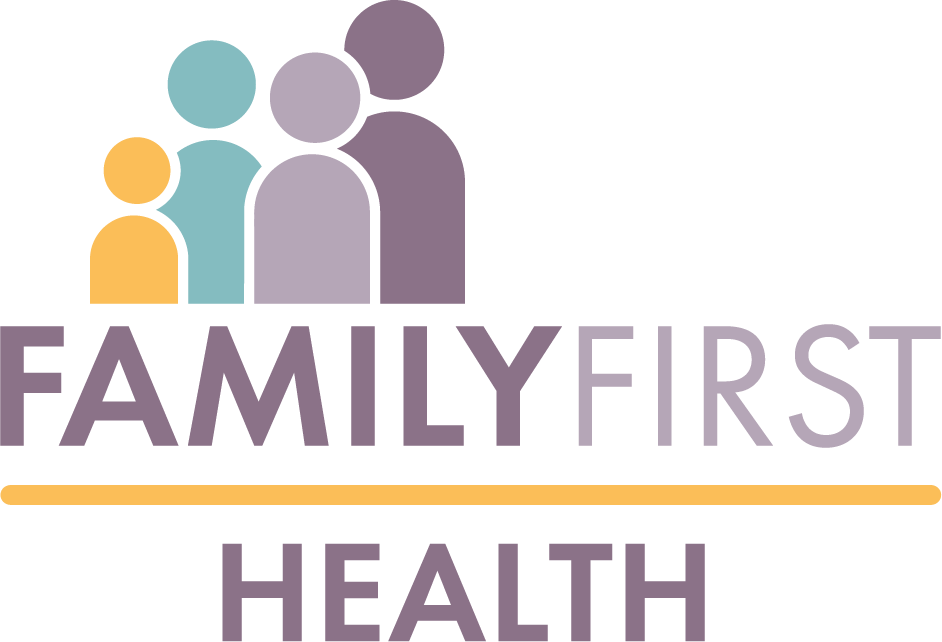
Welcoming a new life into this world is an exhilarating and special time. Whether you’re a first-time mom, or already have children, you can always learn how to make your pregnancy the healthiest experience possible for both you and baby.
At Family First Health, we have a team of community health workers in our Connections for a Healthy Pregnancy program who are trained to help you navigate through pregnancy and motherhood. We picked some of the top asked pregnancy questions that future moms have.
Q: How do I calculate my baby’s due date?
A: When you announce your pregnancy, the first question you’ll likely be asked is, “when’s your due date?” However, due dates are typically difficult to calculate because there are a number of factors that can impact how pregnancy stages are identified, which is why only about 5 percent of women deliver their babies on their actual due date.
When doctors calculate your due date, they will count 280 days from the start of your last menstrual cycle or 38 weeks from your conception date. However, if you have irregular cycles, are unsure about when your last cycle was, or you don’t know when you conceived, schedule an appointment as soon as possible to have this verified with a pelvic exam, early ultrasound, or blood test. These are the most accurate ways doctors can identify your due date.
Q: How important is it to take prenatal vitamins?
A: Standard adult multivitamins help to fill in the nutrition gaps one might have, even if he/she is eating a healthy diet. Prenatal vitamins work in the same way; however, they put stress on a few other vitamins that can help your baby develop properly, specifically folic acid and iron.
Folic acid prevents major abnormalities in the brain and spinal cord, and iron supports baby growth and prevents anemia. Other nutrients you want to look for in your prenatal vitamins are omega-3 fatty acids, calcium, and vitamin D. Prenatal vitamins can be taken during all pregnancy stages, and some doctors recommend taking them three months before trying to get pregnant, in order to nurture the growing egg.
But remember, all of these vitamins are a complement to a healthy diet, and not a substitute for one.
Q: How can I prevent or treat stretch marks?
A: Stretch marks are the red badges of motherhood that 90 percent of moms-to-be will experience. Common places to find them developing are across the hips, thighs, breasts, and of course, the belly. Stretch marks are closely tied to genetics; however, there are a few ways you can work to minimize their prominence.
Start by drinking more water to hydrate the skin, apply a rich moisturizing cream to help with the itching and tightness, and finally, focus your efforts on fading the marks with gels and creams containing hyaluronic acid after pregnancy.
Q: What are my restrictions while pregnant?
A: There are certainly a number of hard and fast rules you can go by for what not to do while pregnant, like using drugs or alcohol, for example. In general, though, your pregnant and pre-pregnant lives shouldn’t be all that different. It is time, however, to put your sushi lunches on a hiatus because raw meat and uncooked seafood should be completely avoided while pregnant. Along with that, step away from fish with high levels of mercury, raw eggs, soft cheeses and unpasteurized dairy because it could contain listeria.
Be mindful about raising your body temperature too much during the first trimester, with hot tubs or saunas for example, because elevated body temperatures could lead to certain birth defects for baby.
Each woman’s pregnancy is different, and it’s important to feel open to ask any and all questions you have; community health workers can help. Visit our website to learn more about how Connections for a Health Pregnancy can help guide you through the steps of pregnancy, and get the resources you need to welcome a healthy baby.
















